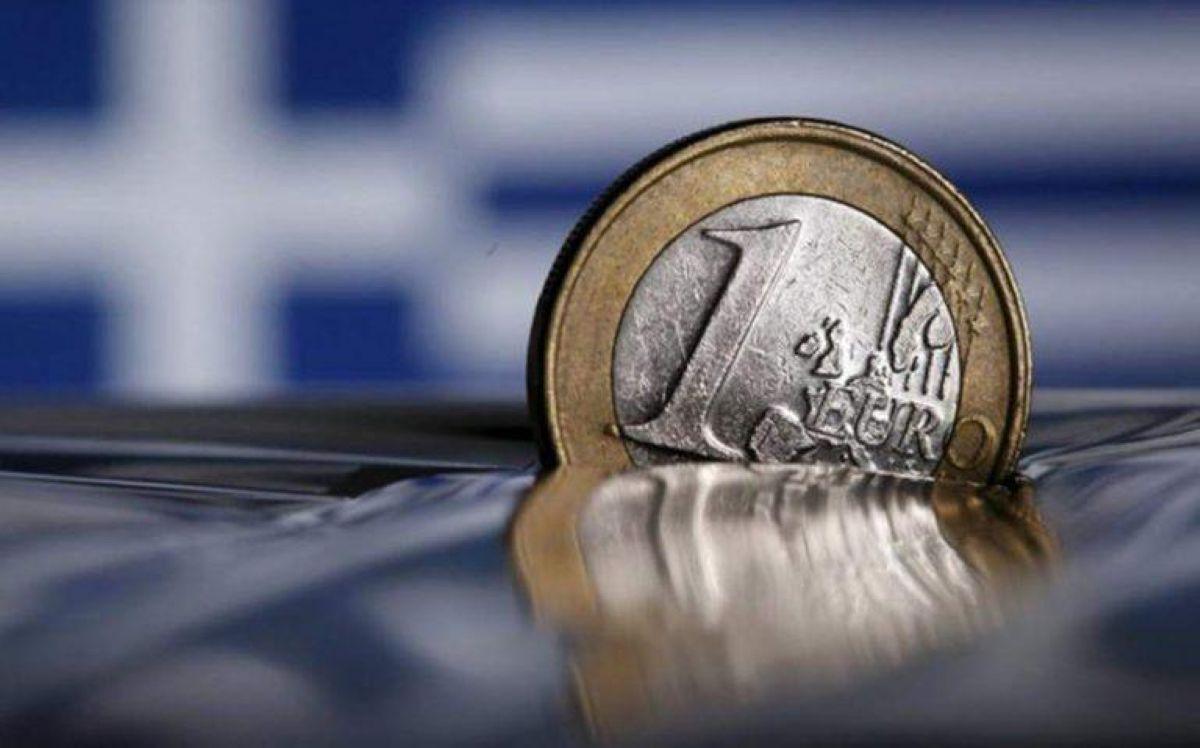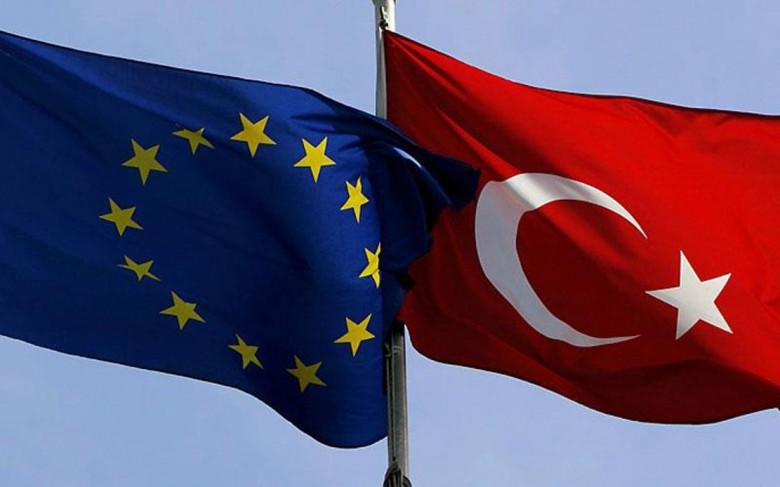According to official data from the Ministry of Labor and the European Union, Greece is battling stark salary disparities. The data revealed that Greek salaries were divided into three main tiers, with the majority of employees in the private sector receiving monthly income hovering around one thousand euros, a large percentage below the 800 euro mark; and only a fraction was compensated with over 2K.
In particular, only 10% of employees in the private sector earn more than €1,450 monthly, while a mere 3.63% of workers earn over €2,025, showcasing the limited availability of high-paying positions.
Contrastingly, over 50% of private sector employees earn €800 or less per month, placing many at risk of, or in poverty. Additionally, 70% of workers make up to €950 monthly, categorizing them as low-wage earners.
Eurostat data places Greece second to last in purchasing power among EU countries, just ahead of Bulgaria. The OECD highlights that Greece had the slowest wage growth rate among its member states from 2012 to 2022, increasing only by 1.5% within that timeframe.
In numbers, the average annual salary in 2022 was €24,709, compared to €24,330 in 2012, marking a nominal increase of just €370 over a decade. Adjusting for inflation, this equates to a 5.9% decrease in real wages.This period reflects the adverse impact of austerity measures, excluding the severe cuts from 2010-2011 and the effects of the inflation crisis.
Moreover, Greece has some of the highest social security contributions among OECD countries. Income tax averages slightly above 10%, but combined with employer and employee social security contributions, the total labor tax exceeds 45%. These high contributions reduce disposable income and discourage hiring.
To address these issues, the Greek government plans to reduce social security contributions by 1% in two equal installments: 0.5% in 2025 and another 0.5% in 2027. This move aims to ease the financial burden on employees and stimulate employment.
Source: tovima.com















![Airbnb: Πρόταση για σύσταση ταμείου για τη στεγαστική κρίση [πίνακας]](https://www.ot.gr/wp-content/uploads/2025/11/airbnb.jpg)





















